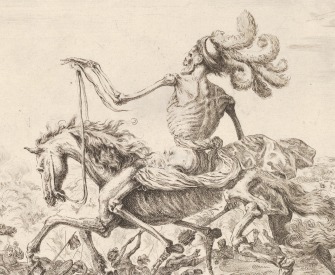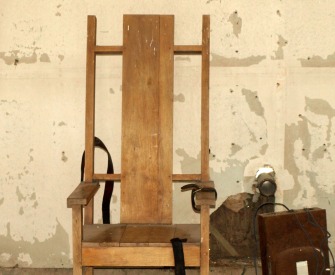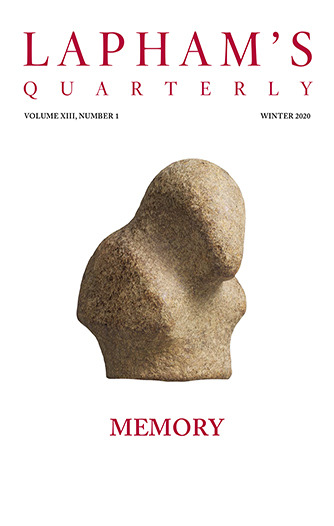Chorus: Often before
I have gone through more subtle reasons,
And have come upon questionings greater
Than a woman should strive to search out.
But we too have a goddess to help us
And accompany us into wisdom.
Not all of us. Still you will find
Among many women a few,
And our sex is not without learning.
This I say, that those who have never
Had children, who know nothing of it,
In happiness have the advantage
Over those who are parents.
The childless, who never discover
Whether children turn out as a good thing
Or as something to cause pain, are spared
Many troubles in lacking this knowledge.
And those who have in their homes
The sweet presence of children, I see that their lives
Are all wasted away by their worries.
First they must think how to bring them up well and
How to leave them something to live on.
And then after this whether all their toil
Is for those who will turn out good or bad,
Is still an unanswered question.
And of one more trouble, the last of all,
That is common to mortals I tell.
For suppose you have found them enough for their living,
Suppose that the children have grown into youth
And have turned out good, still, if God so wills it,
Death will away with your children’s bodies,
And carry them off into Hades.
What is our profit, then, that for the sake of
Children the gods should pile upon mortals
After all else
This most terrible grief of all?
© 1955 by the University of Chicago Press. Used with permission of the University of Chicago Press.
From Medea. The last of the three great tragedians after Aeschylus and Sophocles, Euripides was known as “the philosopher of the stage” for his meditative monologues—a technique that Aristophanes blamed for the “death of tragedy.” Of his ninety-two known plays, only nineteen are extant, among them Hippolytus and Trojan Women. According to Plutarch, some Athenians held prisoner in the Syracusan quarries after the Sicilian expedition of 415 bc were given their freedom when they recited passages from Euripides’ tragedies to their captors.
Back to Issue





